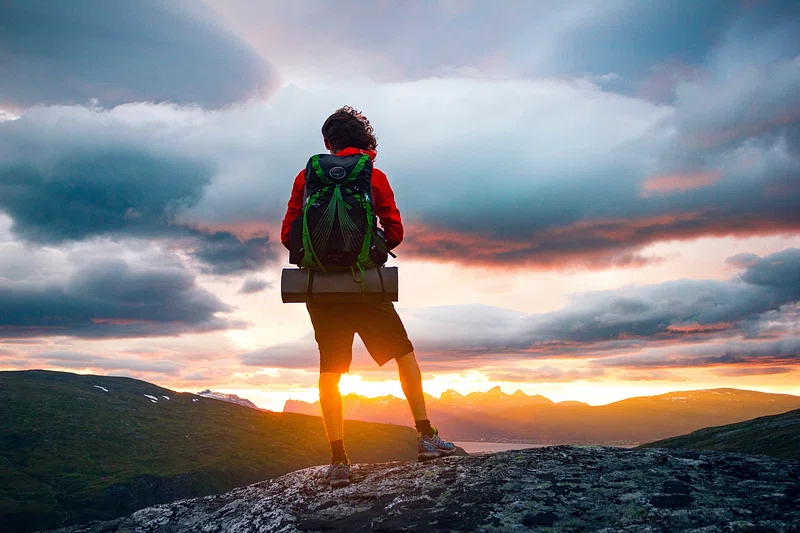What Is Purpose-Driven Travel?
Purpose-driven travel refers to journeys motivated by something more than simple relaxation or sightseeing. It involves travellers seeking meaning, growth, connection, and impact. Key features include wellness and holistic health, cultural immersion, sustainable or regenerative tourism, community engagement, learning experiences, and combining leisure with causes or well-being.
What’s Fueling the Trend
Multiple forces are driving more travellers to seek trips with purpose:
- Wellness & Self-Care: Increasingly, people view travel as a way to rest, heal, or reconnect – not just to escape. Wellness travel (spa retreats, holistic health, meditation, etc.) is now a top priority for many travellers.
- Values Alignment: There is growing willingness to spend more on trips that align with personal ethics: sustainable travel, responsible tourism, support for local economies, and minimal environmental impact.
- Authentic Experiences: Rather than mass tourism, people are drawn to authentic immersion—local culture, cuisine, nature, and traditions. This includes slow tourism (spending more time in fewer places), experiential travel, or “intentional itineraries”.
- Flexible & Hybrid Lifestyles: Remote work, flexible schedules, and hybrid work models allow more people the freedom to travel differently—longer stays, working while travelling, combining business with leisure (bleisure), etc.
Key Statistics & Insights
- In the Asia-Pacific region, among high-net-worth travellers, 90% now say wellness experiences are central when choosing a destination.
- Also in APAC, 72% of luxury travellers plan to increase spending on such purpose-driven journeys.
- Global travel data shows destinations are being chosen not just for cost or popularity, but for uniqueness, cultural or natural features, and experiences.
What the Travel Industry Is Doing & Needs to Do
To respond to this shifting demand, the tourism and hospitality sector is adapting in several ways:
- Hotels, resorts, and tour operators are embedding wellness offerings (spa, environment, mental health, nutrition) and sustainability into their core services.
- Efforts are increasing to offer more local, authentic, and immersive experiences (homestays, local guides, cultural workshops, nature-based activities) rather than purely generic tours.
- Marketing is shifting: more emotional storytelling, highlighting value beyond sights (how travel changes you or helps others). Travelers want stories, not just photos.
- Technology and platform innovation matter: discovery tools, curated itineraries, booking of experiences, sustainability certifications or indicators, etc. Booking and planning are being shaped increasingly by digital platforms that can match purpose-driven preferences.
Challenges & Trade-Offs
While purpose-driven travel has many upsides, there are also challenges:
- Accessibility: Purpose-driven options (wellness retreats, regenerative farms, sustainable lodges) often cost more or are more remote, which can limit who can take part.
- Greenwashing Risk: Some operators may claim sustainability or impact without real substance, just for marketing. Verifying authenticity is hard.
- Overtourism & Local Impact: Even culturally or environmentally focused travel can strain local resources, infrastructure, or ecosystems if poorly managed.
- Planning Complexity: Authentic experiences often require more planning, local insight, and flexibility, which not all travelers or platforms are ready for.
Why It Matters
This shift isn’t just changing vacations—it has broader implications:
- For destinations: opportunity to attract travellers who spend more, stay longer, and who care about place. But also responsibility to preserve culture, protect environment, ensure benefit to locals.
- For local communities: potential for economic benefit and cultural preservation, but also risks (commodification, displacement, stress on infrastructure).
- For travellers: more meaningful experiences but also potential ethical dilemmas. Choices about environmental footprint, cultural respect, equity matter more.











